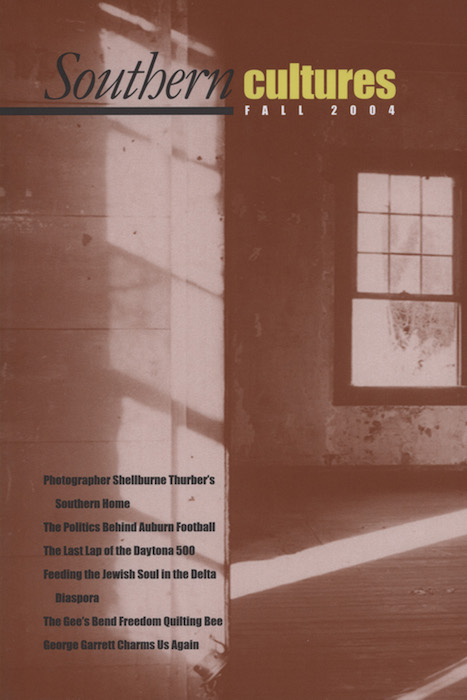“President Spright Dowell of Alabama Polytechnic Institute, today’s Auburn University, had raised admission standards and improved the professional qualifications of the faculty. . . . Yet this solid record was overshadowed by a raging public controversy sparked by the decline of the once-powerful Auburn football program.”
On a sunny Saturday afternoon in early November 1927, President Spright Dowell of Alabama Polytechnic Institute, today’s Auburn University, walked up the gleaming white marble steps of the Alabama state capitol on his way to a special meeting of his school’s board of trustees. The single item on the agenda was a motion to dismiss him from his job. During his seven-year tenure, Dowell had obtained accreditation, raised admission standards, and improved the professional qualifications of the faculty. He had created an administrative bureaucracy and introduced modern accounting, auditing, and purchasing procedures. Prior to his arrival, registration had been a two-week-long nightmare; now it was accomplished in two days. He energetically lobbied the notoriously parsimonious Alabama legislature for increased appropriations, and when sufficient funding was not forthcoming, he orchestrated a fundraising drive that collected over half a million dollars. These funds paid for the construction of nearly two dozen campus buildings and such vital infrastructural needs as a safe and reliable water supply. Yet this solid record was overshadowed by a raging public controversy sparked by the decline of the once-powerful Auburn football program. Dowell had deemphasized football from the beginning of his tenure, and the 1927 team was about to complete the first winless season in school history. Trustees and football boosters publicly criticized Dowell, and a delegation of students met with Governor Bibb Graves to report that the student body had voted overwhelmingly for his dismissal. The trustees responded by mounting a formal investigation, complete with public hearings. The flurry of charges and countercharges paralyzed the campus and dominated headlines for a month, and the trustees now held Dowell’s fate in their hands.


